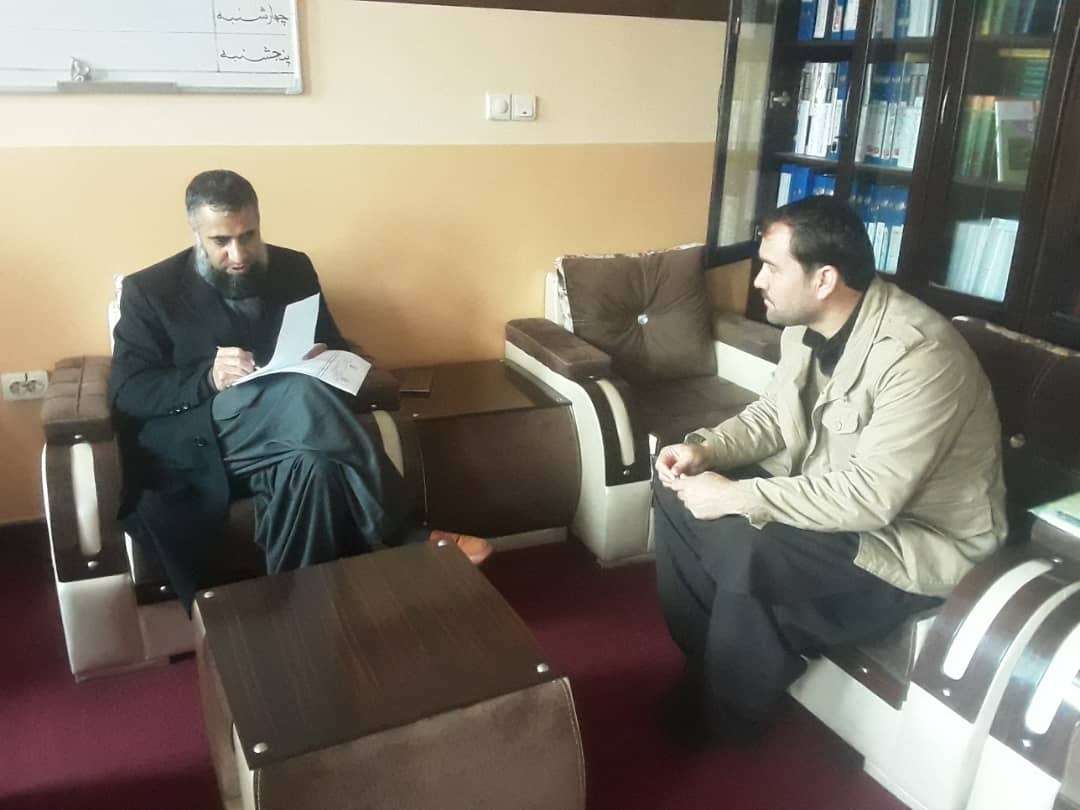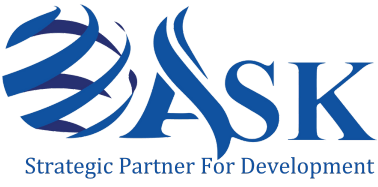

Mapping and Assessment of Safe spaces in Kundoz and Badakhshan provinces of Afghanistan
Anyone, regardless of gender, can be affected by gender-based violence – however, women still remain the main survivors. Studies show that 87% of Afghan women experience at least one form of physical, sexual or psychological violence – and 62% experience multiple forms of violence. However, many cases go unreported and a lot more needs to be done to fight this silent pandemic.
According to the 2010/2011 Afghanistan Multiplier Indicator Cluster Survey, 92% of women aged 15-49 years believe that a husband is justified in beating his wife. This further complicates the issue of tackling GBV. In addition, due to the presence of armed insurgents in Afghanistan, there is a lack of accountability and investigation in cases of violence against women including those accused of so-called moral crimes, recruitment of child soldiers and sexual abuse of children. The armed insurgents also make it difficult for GBV service providers to access survivors of GBV. Although there are some national and international organizations providing GBV services to survivors, there is a lack of services in the provinces.
The Norwegian Church Aid (NCA) has partnered with two local organizations to support 10,000 people with nutrition sensitive WASH services and protection against SGBV. Afghan Women Educational Centre (AWEC), a woman led organization committed to inclusion, protection and empowerment of Afghan women, is implementing the project in Badakhshan province. Afghan Women Skill Development Centre (AWSDC) promotes and protects women’s rights and is implementing in Kunduz province.
ASK Training and Consulting was hired to conduct a mapping and assessment of existing safe spaces in Badakhshan and Kunduz Provinces. The team was also tasked with assessing the services provided to survivors of GBV.
Women and girls’ safe spaces are for women and girls to network, recognize their own agency and power to change, their power to organize themselves to articulate the changes they want to make, and collectively transform the systems that oppress them. Safe spaces are designed to provide educational and psychosocial support and other activities that restore a sense of normalcy for women and girls whose lives have been disrupted by war or other emergency situations. These spaces should be designed and operated in a participatory manner, using existing physical spaces and seeking to connect to local community resources and activities. Women and Girls Safe Spaces are both the concrete and abstract space which ensures the physical and emotional safety of women and girls.
Client
Agha Khan Foundation - Afghanistan
Date
March 2021
Services
Monitoring and Evaluation
Photos From This Project
Previous
Next
Let's discuss your project !
Contact us today to have a talk about how we can be your strategic partner for development.
